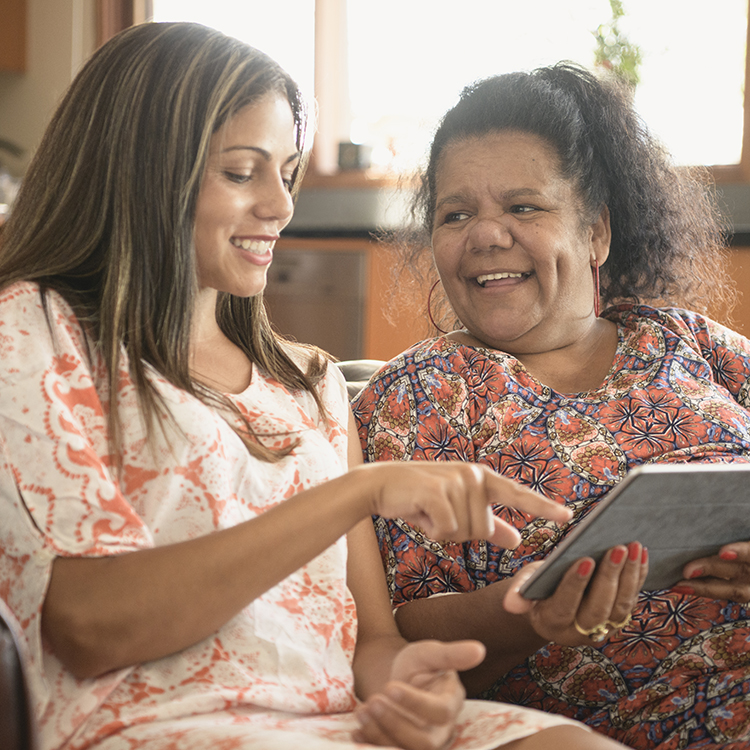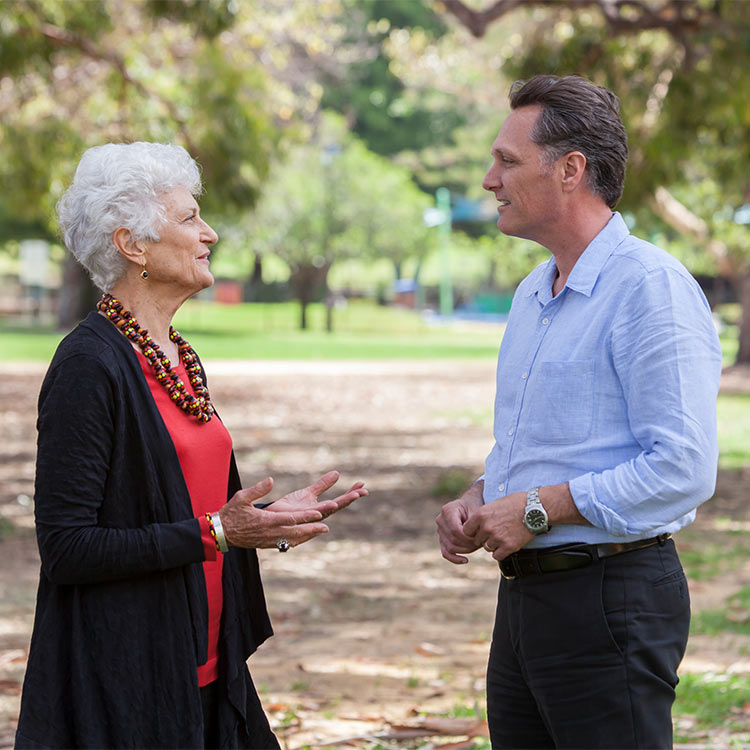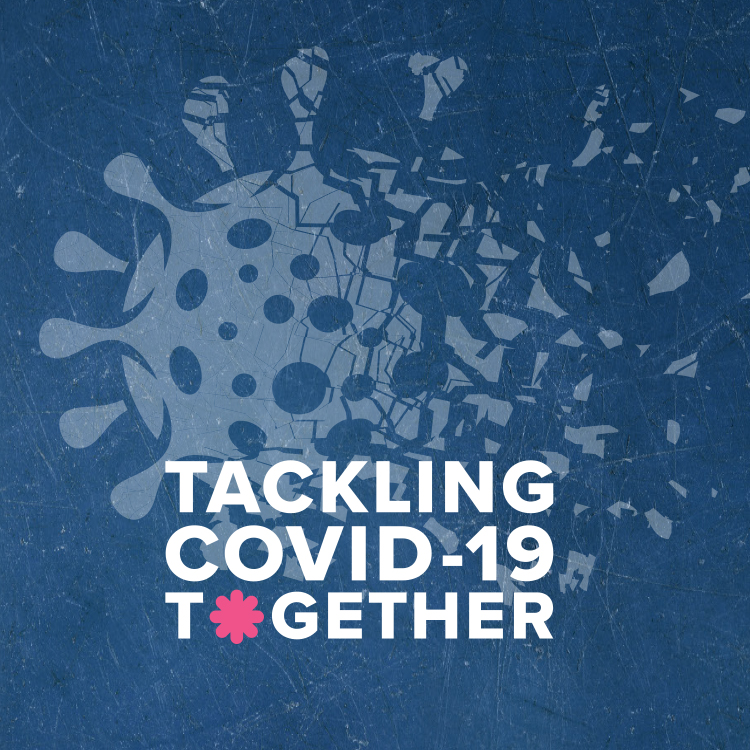Search

The rapidly developing coronavirus crisis is affecting our daily lives in unprecedented ways and brings with it uncertainty and fear.

The situation with COVID-19 is constantly evolving, and there is an extraordinary amount of information circulating which can be both overwhelming and difficult to navigate.

Schools are issuing restrictions around attendance after travel overseas due to coronavirus. Here's how to prepare your kids against the spread of infectious disease on their return to school.

A number of organisations have created COVID-19 resources specifically developed for Aboriginal and Torres Strait Islander people.

A letter to the WA public from Jonathan Carapetis and Fiona Stanley.

The Kids Research Institute Australia position on schools and COVID-19 in Western Australia

Engaging the community in COVID-19 rapid research

The research that is reducing the impact on families done by The Kids Research Institute Australia.

Ask our experts a question about the COVID-19 pandemic.
Post-acute sequelae of COVID-19 (PASC), or long COVID, are a public health concern. While most recover from SARS-CoV-2 infections within weeks, some experience persistent symptoms. Here, we quantified the association between repeated SARS-CoV-2 infections and the risk of hospital-diagnosed PASC.
